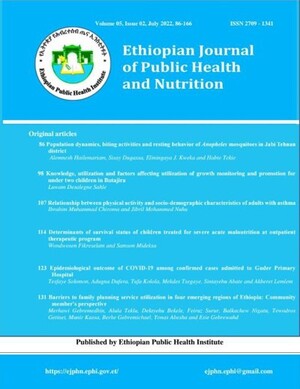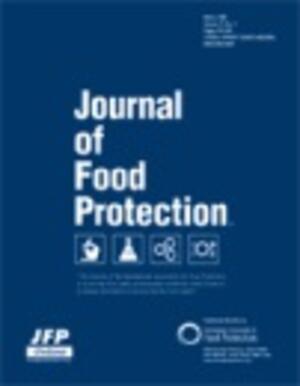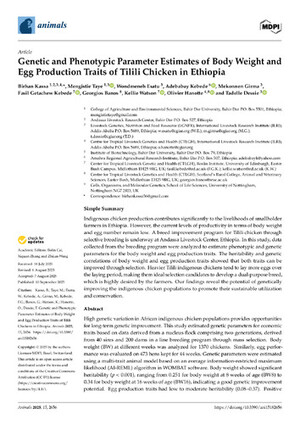
Understanding farmers’ preference for traits of chickens in rural Ethiopia
Abstract
Traditional poultry production plays an irreplaceable role in the sustenance of livelihoods in rural Ethiopia. Ironically, however, much has been done to replace indigenous poultry breeds with exotic genetic resources regardless of the importance producers and consumers attach to attributes of the resources. This study aims at informing policy to establish effective indigenous poultry breeding and conservation programs. Discrete choice experiment (DCE) was employed to generate data. Designing of the DCE involved identification, definition, and measurement of attributes of adaptive, productive, and sociocultural importance considering the multiple functions of village chickens. Random parameters logit and the generalized multinomial logit (G‐MNL) models were used to estimate taste parameters. Economic values of traits of chickens were estimated using the utility in willingness‐to‐pay (WTP) space approach, based on G‐MNL model formulation. The results show that important traits of chickens to farmers are mothering ability, diseases resistance, and meat and eggs taste. These findings question the appropriateness, at least in the prevailing production system, of the Ethiopian national government's effort to improve productivity in village poultry by targeting specialized egg‐layer improved chickens. The findings also suggest that poultry breeding programs aiming to provide readily acceptable breed technology by farmers need to prioritize traits of adaptive importance, and mothering ability, instead of focusing on egg productivity only. The key implication is that the unique qualities of the indigenous poultry breeds need to be carefully identified and prioritized before resorting to those that proved to be successful in different production systems.
Citation
Terfa, Zelalem G.; Garikipati, S.; Kassie, Girma T.; Dessie, Tadelle; Christley, R.M. 2019. Understanding farmers' preference for traits of chickens in rural Ethiopia. Agricultural Economics 50: 451-463










